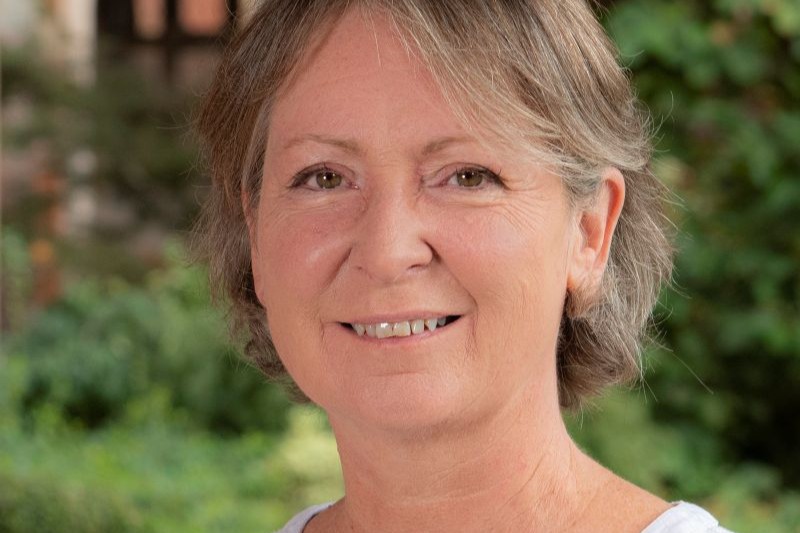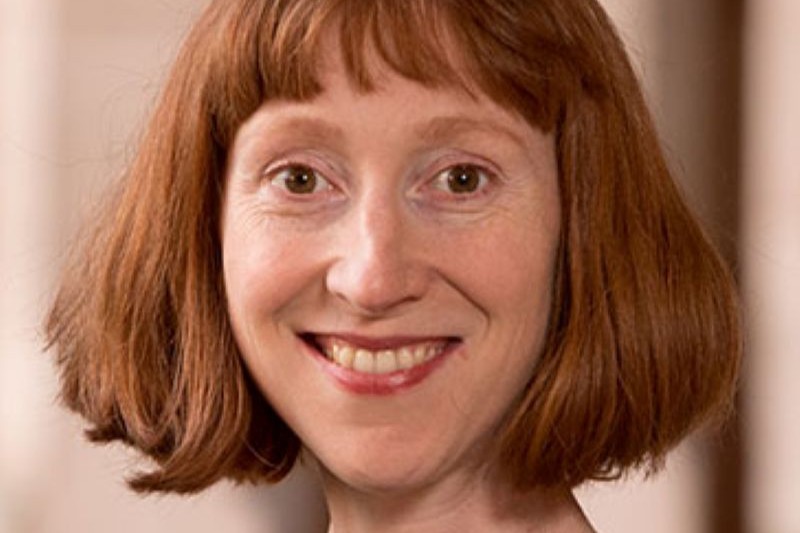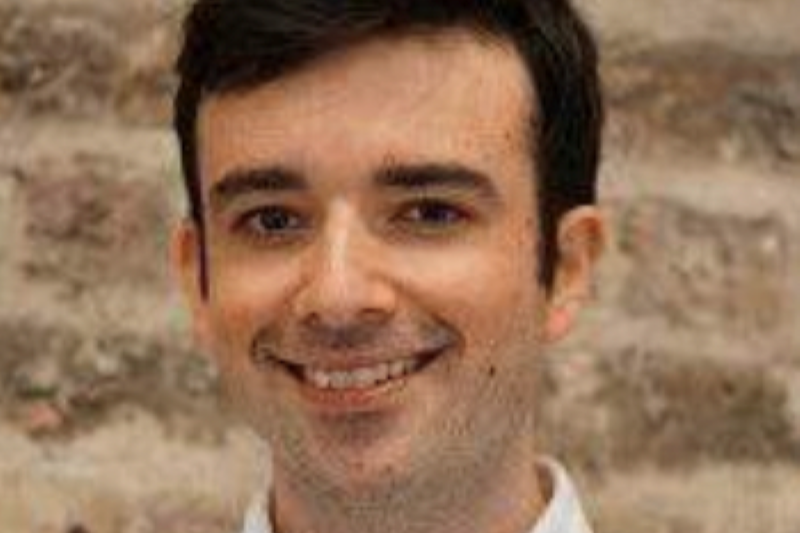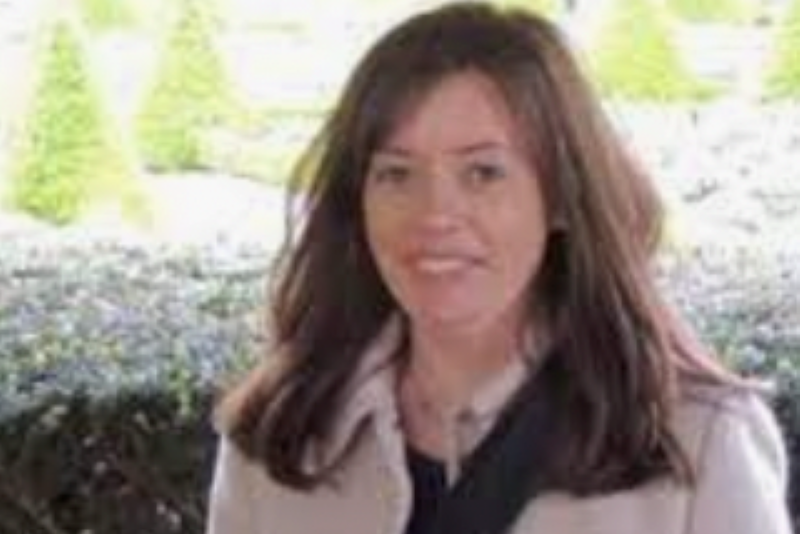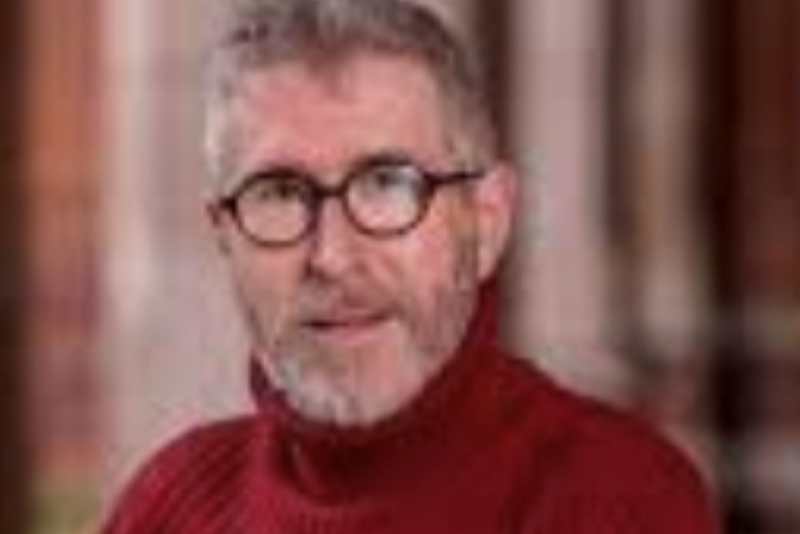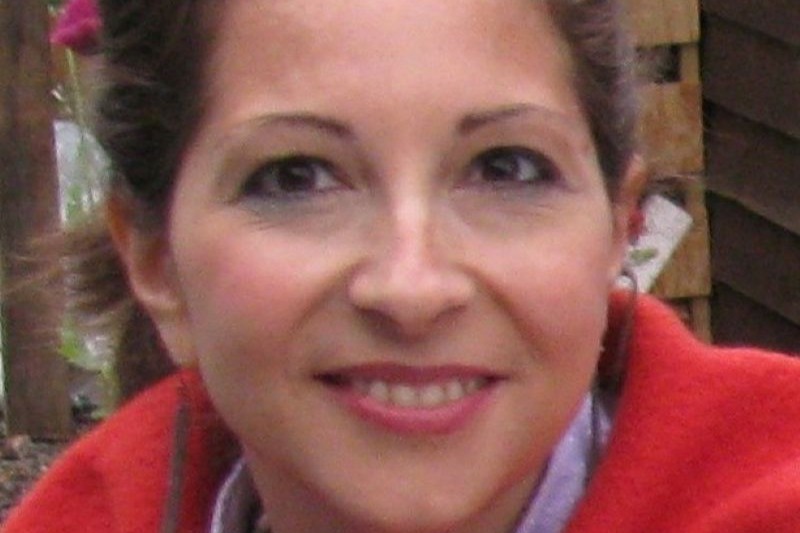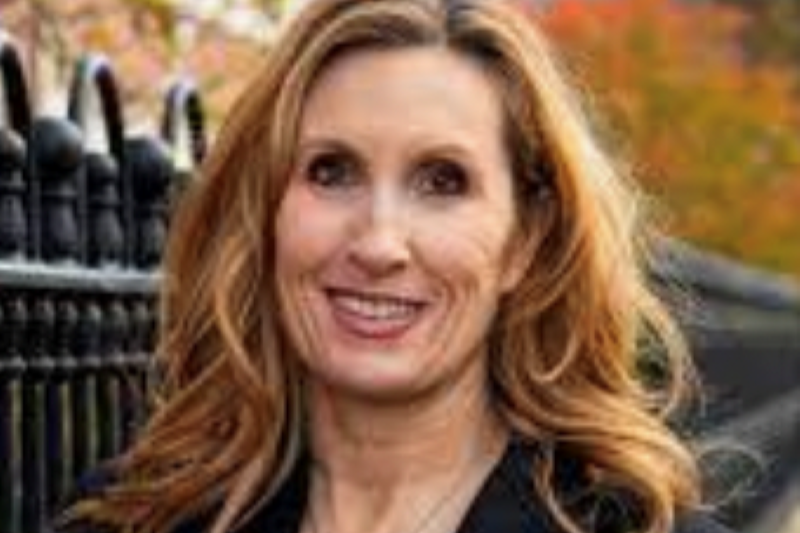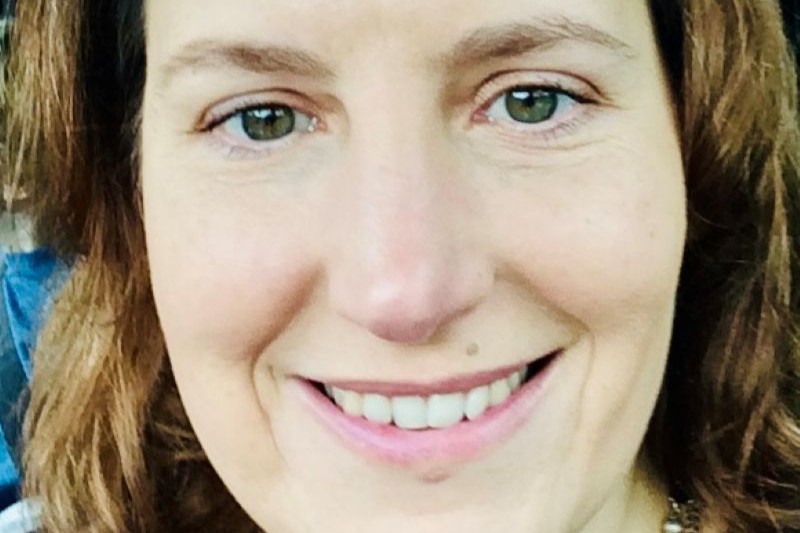Academic Staff
Dominic Bryan is a Professor in Anthropology at Queen’s University Belfast. From 2002-2014 he was Director of the Institute of Irish Studies and is a Fellow of the Institute for Global Peace, Security and Justice. Research interests include political rituals, symbols, commemoration, public space and identity in Northern Ireland. Dominic specialises in the contemporary history of Belfast and particularly the impact the peace process has had on the city. He works on issues of cultural identity such as flags, parades, bonfires and murals. He is author of Orange Parades: The Politics of Ritual Tradition and Control (Pluto 2000) and co-author of Civic Identity and Public Space: Belfast since 1780 (MUP 2019). In 2014 he was co-author of The Flag Dispute: Anatomy of a Protest and recently was co-author of Flags: Towards a New Understanding. Dominic is also the Chair of Diversity Challenges and co-Chair of the Commission on Flags Identity, Culture and Tradition.
Dr Elaine Farrell is a historian of nineteenth- and early-twentieth-century Irish social history, with a specialism in gender history (particularly women’s history) and crime and punishment. She has been involved in a number of public history projects, including museum exhibitions ‘Research in Translation’ (University of Leicester) and ‘Mad or Bad’ (Armagh County Museum). Working with Leanne McCormick (Ulster University), she is currently preparing an exhibition based on their AHRC-funded project ‘“Bad Bridget”: Criminal and Deviant Irish Women in North America, 1838-1918’. She has contributed to a number of television programmes for BBC, Channel 4, RTÉ, and TG4.
Dr Derek Johnston teaches on the broadcast media, with a particular focus on genre studies and on the history of broadcasting. His research to date has tended to look at genres and their development as aspects of cultural change, as expressions of the historical shifts and continuities in popular culture. This focus has been on science fiction on British television, particularly in the period of the BBC monopoly from 1936-1955, and on the seasonal horror story. More broadly, he is interested in the uses of historical narratives, both factual and fictional and including history-made-fantastical, and the ways that they are used and form a part of personal and public history and so influence understanding and conceptualisation of history and its relation to the present.
Keith Lilley is Professor of Historical Geography in the School of Natural & Built Environment at Queen's University Belfast. His particular research interests lie in the history of cartography, urban morphology, and landscape history, and in using maps and mappings to explore past landscapes and geographies as well as visualise how the past connects with the present. He has more than ten years' experience of directing spatial humanities research projects, all using digital 'geospatial technologies' (e.g. GIS) to engage wider public audiences. He is director of an AHRC-funded public engagement centre, "Living Legacies 1914-18: From Past Conflict to Shared Future", which connects academic and community researchers through WW1 heritage projects - including 'citizen history' and community mapping projects. He is also Chair of the Historic Towns Trust, a UK charity that oversees the production of the British Historic Towns Atlas programme.
Fearghal McGarry is professor of modern Irish history at Queen’s University Belfast. He is interested in the theory and practice of public history, particularly in relation to commemoration and other forms of historical memory. Editor (with Jennie Carlsten) of Film, History and Memory (Palgrave Macmillan, 2015), he led two AHRC research projects exploring the relationship between history and film. He acted as historical consultant on several projects marking the centenary of the Easter Rising, including the GPO Witness History interpretive centre. His current AHRC-funded project, A Global History of the Irish Revolution, will involve collaborations with public history partners to mark the centenary of partition and independence. He is also working with the Ulster Museum to redevelop its Troubles gallery.
